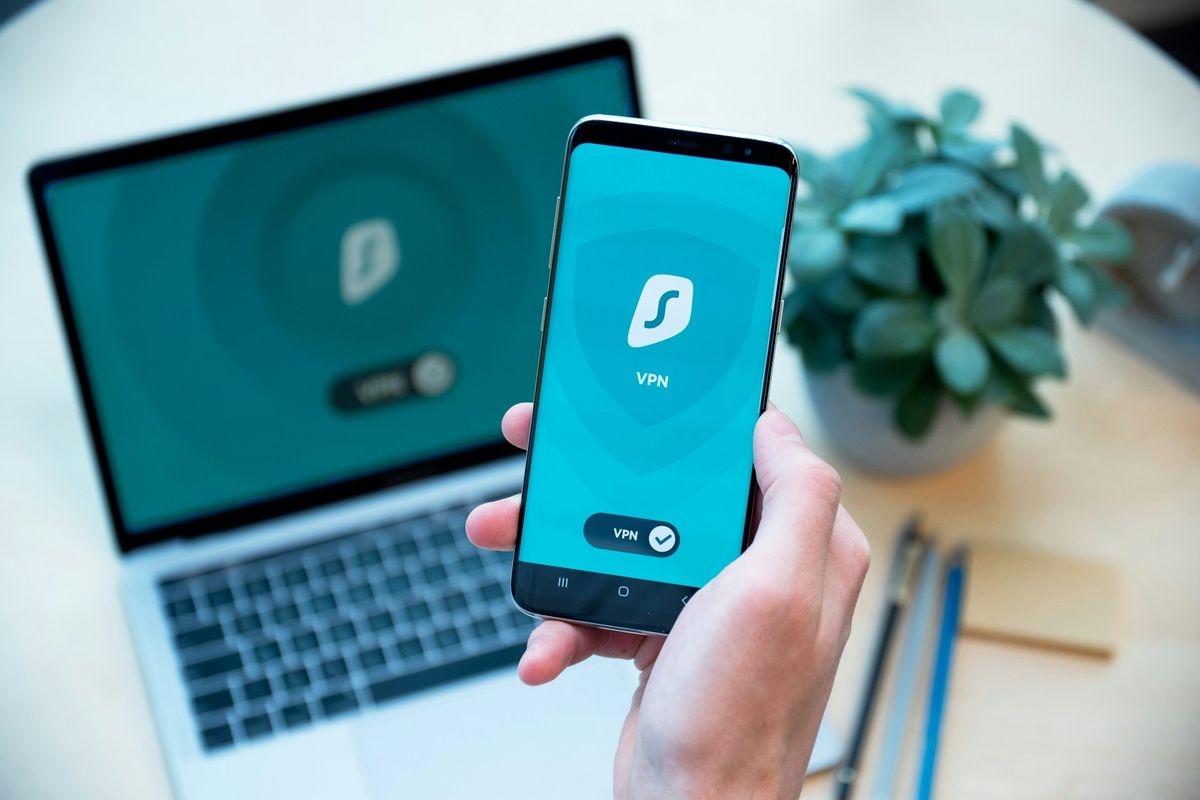

Telegram bots are automated tools designed to interact with users on the Telegram platform. These bots can perform a range of tasks, making them popular for everything from managing group chats to providing customer service. They operate within Telegram's infrastructure, allowing users to engage with them through simple commands or messages.
Automated Responses: Bots can send quick replies to user queries, offering instant information or assistance.
Task Management: Some bots handle scheduling, reminders, or even task automation to streamline workflows.
Information Gathering: They can collect data from users for surveys, polls, or feedback purposes.
Content Sharing: Bots often share news updates, media files, or promotional content with subscribers.
Now, let's talk about privacy. When you interact with bots, there's a concern about what data they might access. One major worry is IP address exposure. Your IP address can reveal your location, potentially compromising your privacy. With bots handling vast amounts of data, ensuring IP privacy becomes crucial. It's not just about convenience; it's about protecting your personal information from unwanted tracking or malicious activities.
Telegram bots work within a specific communication model ensuring user data is managed securely. Telegram uses a server-client architecture, providing a structured way for bots to interact with users. Messages between users and bots are transmitted through Telegram's servers. This setup allows for efficient communication but introduces certain limitations on data access.
End-to-end encryption is a core part of Telegram's messaging framework. However, it's crucial to understand that this encryption is primarily for user-to-user communications. Bots, due to their function, don't typically engage in this type of encryption, since they need to process and respond to messages.
Bots don't have direct access to sensitive information like IP addresses. They operate within Telegram's infrastructure, meaning they can't track a user's IP or location data. This design helps maintain privacy while providing the functionalities bots are known for.
It's common to have misconceptions about bots and their capabilities. Here are some clarifications:
IP Access: Bots can't directly access your IP address or location.
Data Collection: They collect only the data necessary for their tasks, like responses to specific commands.
Privacy Risks: Bots are limited by Telegram's infrastructure in what data they can access, reducing privacy concerns.
Understanding these technicalities helps users interact more confidently with Telegram bots, focusing on their benefits without undue worry about privacy.
IP address exposure can be a genuine concern when interacting with Telegram bots. While bots themselves operate within Telegram's secure infrastructure, there are scenarios where indirect exposure might occur, especially during multimedia exchanges. Understanding these risks can help you take steps to protect your privacy.
Here are some potential consequences of IP address exposure:
Privacy Breaches: Your general location can be revealed, making you susceptible to unwanted tracking or surveillance.
Security Threats: Malicious actors could exploit your IP address to launch targeted attacks or hacking attempts.
Unwanted Tracking: Exposure can lead to profiling and tracking, impacting your online activities and privacy.
Being aware of how IP addresses can be exposed is crucial. It helps you make informed decisions when using bots, ensuring your interactions remain secure and private.

To keep your privacy intact while using Telegram, focusing on IP address protection is key. One of the simplest and most effective tools for this is a VPN. A VPN masks your real IP address by routing your internet traffic through a remote server. This makes it appear as though your connection originates from the VPN server, enhancing your privacy and security.
To set up a VPN, start by choosing a reliable service provider. Once subscribed, download the VPN app on your device. Open the app, sign in, and select a server location. Activating the VPN will encrypt your connection and hide your IP address.
Managing your app settings is another crucial step. Here’s a quick guide to help you safeguard your privacy:
Review Permissions: Regularly check what permissions your apps have and disable any unnecessary ones.
Adjust Privacy Settings: Set your Telegram account to the highest privacy settings to limit data exposure.
Use Incognito Modes: Enable incognito or private modes when available, to prevent tracking.
Remember these tips to enhance your digital security:
Stay Updated: Keep your apps and devices updated with the latest security patches.
Monitor Access: Be vigilant about the apps and services that can access your data.
Educate Yourself: Regularly learn about new privacy features and threats.
These practices not only protect your IP address but also help maintain your overall digital privacy. Stay informed and proactive in managing your online presence.